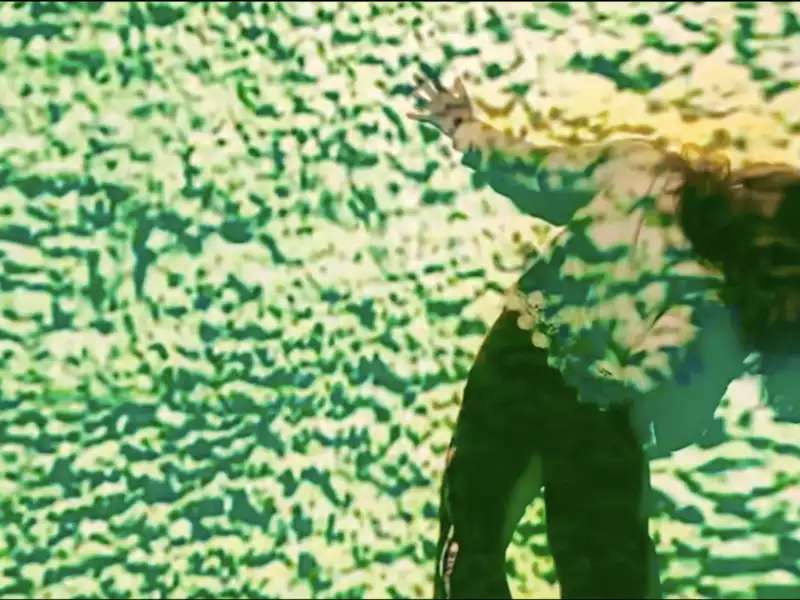
"Dance is a form that is about turning real life things into movement, figuring out what movements mean in real life, and understanding what movement brings out what emotions."
Our series highlighting the creative pedagogy of faculty and staff during the Covid-19 pandemic
As teaching continued remotely during the spring 2021 semester and into the summer, we asked how our faculty and staff are bringing in the material and the embodied into their courses, what might at first glance seem a contradiction to or at least a distinct challenge in the online environment. Materiality - broadly defined as the physical properties of objects and how those objects may construct social meaning - and embodiment - broadly defined as the physical, corporeal aspects of agency, perception, communication and emotion - are vital to pedagogy, to research and to scholarship. But how does their meaning transform in the virtual teaching and learning context? How can the particular sensory experience of, for example, a book, manuscript, photograph or artifact exist and take on renewed or new meaning in an online course? How are the embodied practices of dance and the dramatic arts, for example, taught and experienced when instructors and students are unable to come together in a shared, in-person classroom space? What new pedagogical practices develop when physical objects, bodies and embodied practices are centered as sites of learning? These are some of the questions that center our conversations with faculty and staff across the College and across disciplines.

"Dance is a form that is about turning real life things into movement, figuring out what movements mean in real life, and understanding what movement brings out what emotions."
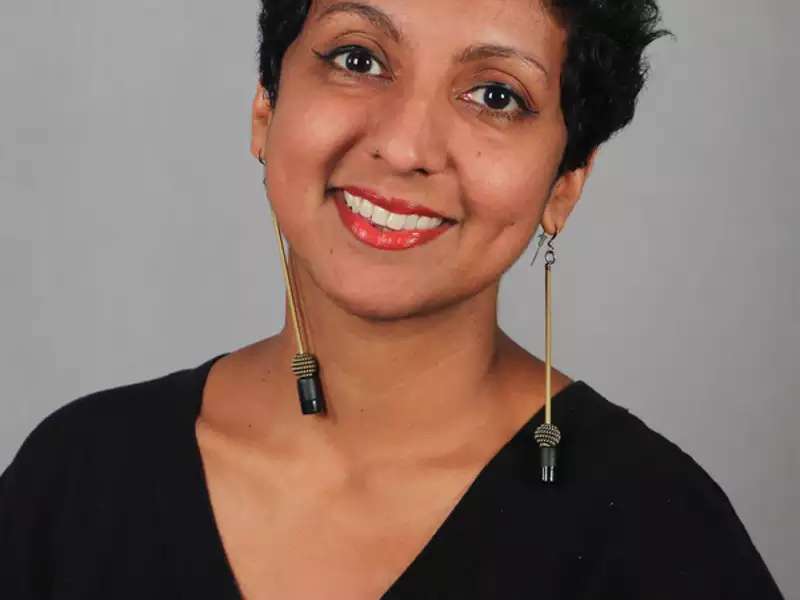
"In a lot of non-European cultures, the gesture has a certain place in communication. It would be cool to start out a gathering with 'What is a gesture?' or 'What is a gesture that conveys how you're feeling about your research right now?'"

"There are a couple of functions that I think meditation has in the online learning community specifically. One is providing a moment of transition from whatever you were just doing on your computer. It’s a cue that it's a moment to turn your phone over and close your tabs. I would call it closing the tabs in your mind."
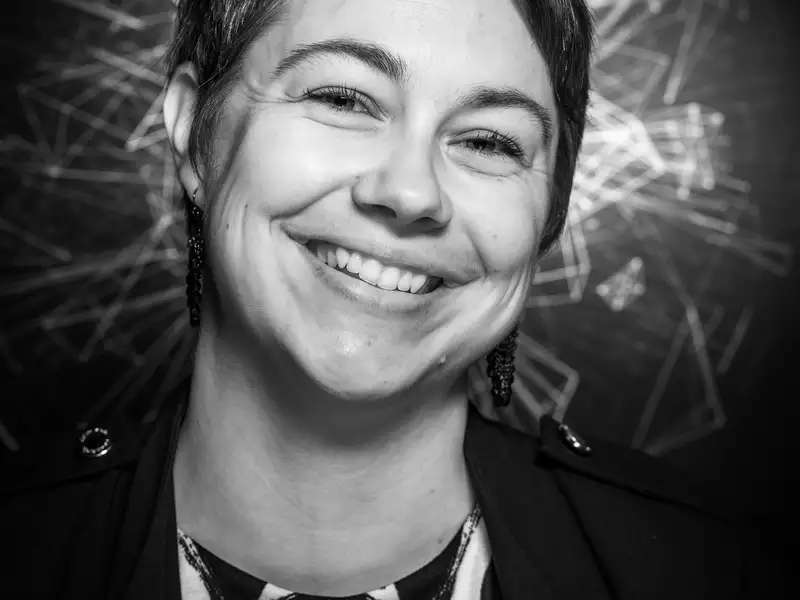
"...One of the defaults is to think of the digital as a medium or something that content passes through. And sometimes there's also this understanding of technology as being neutral. And those are two things that we're really working to push back against."
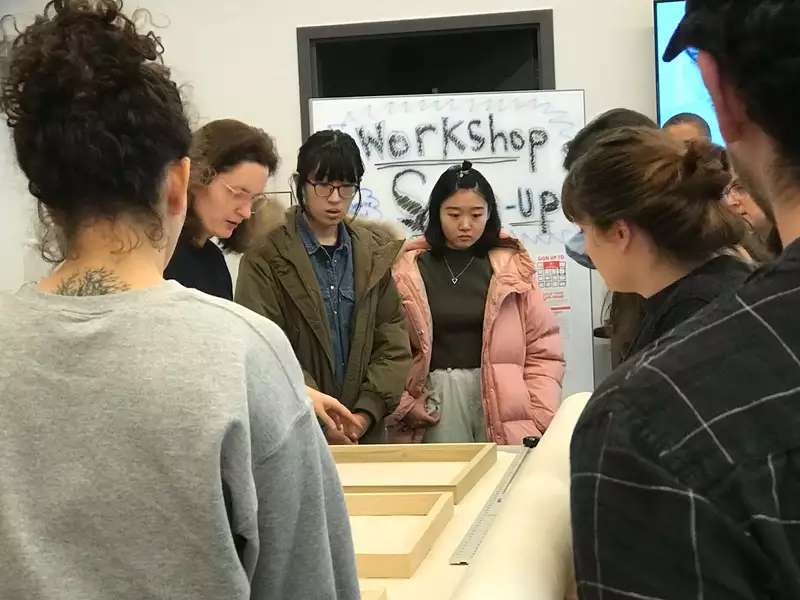
"I like to think about art as having the power to both create new desires consciously...because it can now be anything. And that's terrifying to students. But actually, what's great about art is that it can be anything."
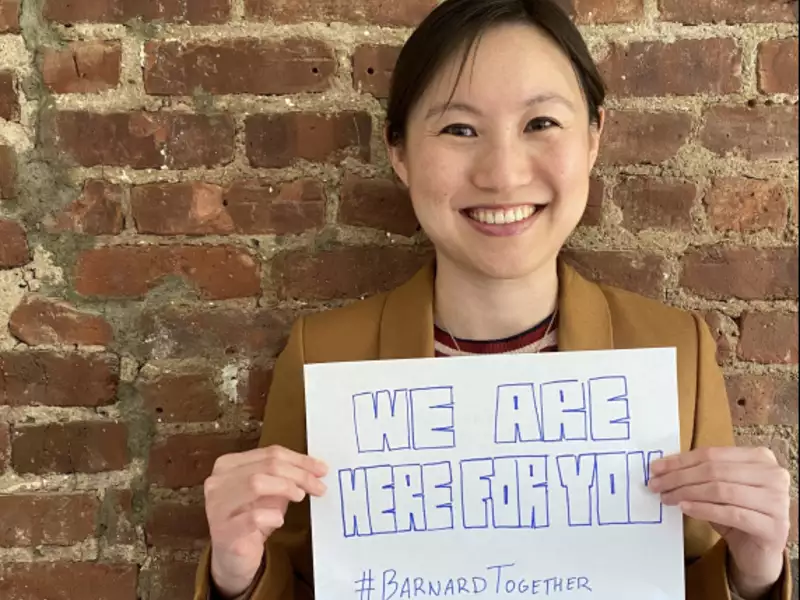
"...Both for my students and also for me, this period has meant taking the constraints of the pandemic and turning towards new data sources that are just so incredibly rich and interesting and can tell us a lot about people's experiences."
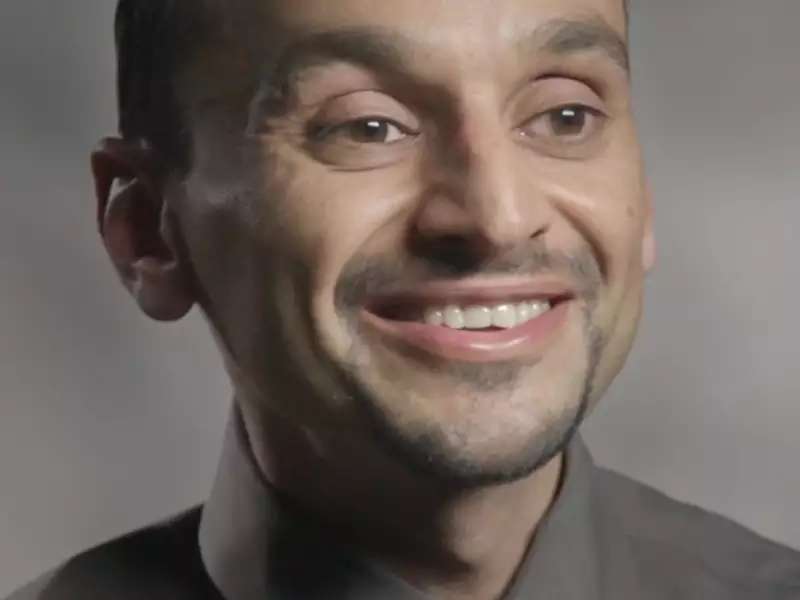
"In a class where you're reading everything from Malcolm X to Dostoyevsky, finding that little passage that strikes you as a student becomes very important."
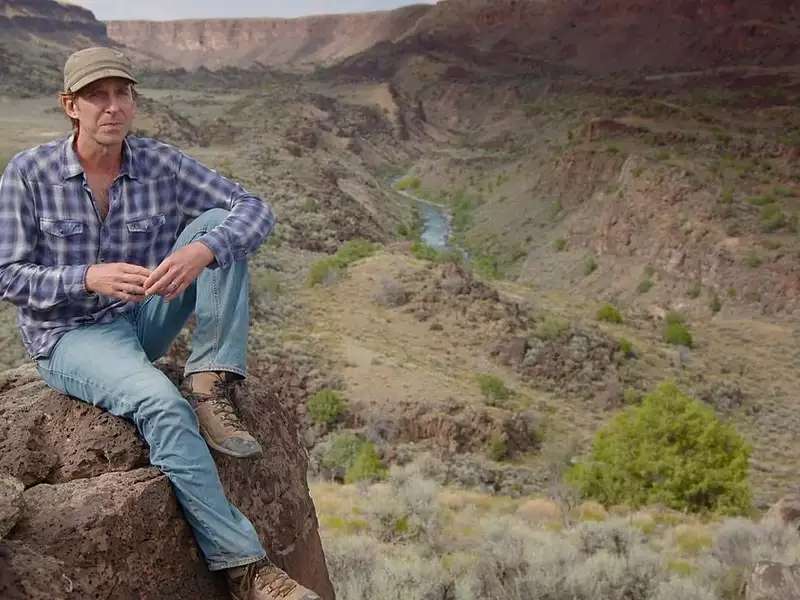
"I'm pretty committed to taking material culture really seriously and encouraging students to take it quite seriously. In the specific work that I do in New Mexico, it's very important for me not to position myself as an ethnographer who studies people. People have been put into the microscope out here. There's an interesting solution to that anthropological conundrum where I stand alongside my indigenous interlocutors and we both look at objects together and talk about them."

"With my work on consumption, I'm trying to help people to understand that every time they buy a phone or a lamp or a chair, that threads back to this incredibly vast infrastructure of production. And every digital action threads back to this incredible vast infrastructure of servers, then energy...I think we're actually moving forward with the digital world just the way we did with the physical world. We’re viewing it as an unlimited resource."
The CEP has created this Resource Guide of selected articles, videos and websites that may be helpful in exploring approaches to materiality, embodiment and pedagogy online - and offline.